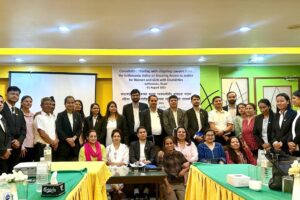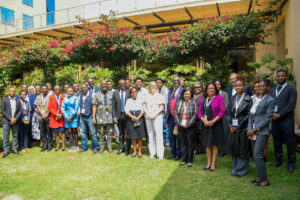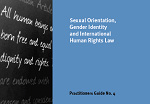
Jul 22, 2009
People of diverse sexual orientations and gender identities are often singled out for abuse. When laws criminalize same-sex sexual conduct, LGBT people are arrested, detained, tortured, and, in some cases, executed.
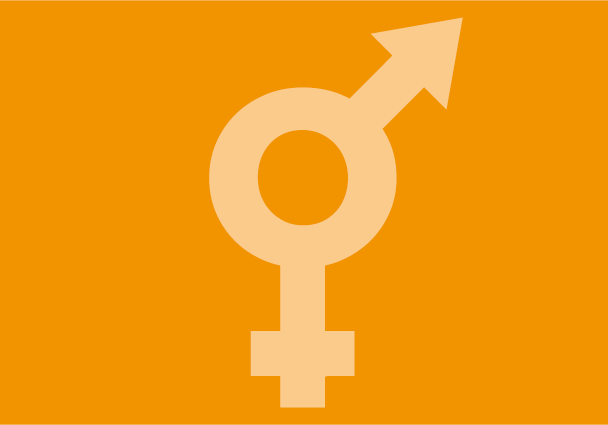
May 23, 2008
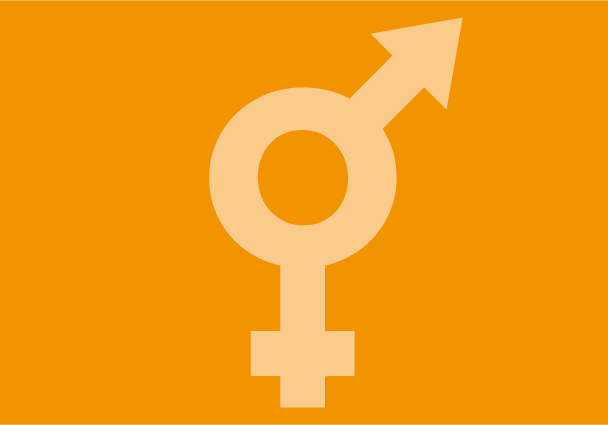 Major Witt was suspended from duty as an Air Force reservist nurse on account of her sexual relationship with a civilian woman.
Major Witt was suspended from duty as an Air Force reservist nurse on account of her sexual relationship with a civilian woman.
She alleged that the “Don’t Ask, Don’t Tell” policy of the US military, violated substantive due process , the Equal Protection Clause and procedural due process. A district court dismissed her suit under a US Federal Rule of Civil Procedure. In this judgment, the US Court of Appeal for the 9th Circuit substantially reversed this decision and remanded the case to be tried with stipulations on the standards that should be pursued in such a trial. This is the judgment of the case and the ICJ amicus brief
US-Brief of Amicus Curiae International Commission of Jurists on the case of Major Witt-Analysis briefs-2008 (full text, PDF)
US-Court of Appeals for the 9th Circuit-Report-2008 (full text, PDF)

Jan 11, 2008
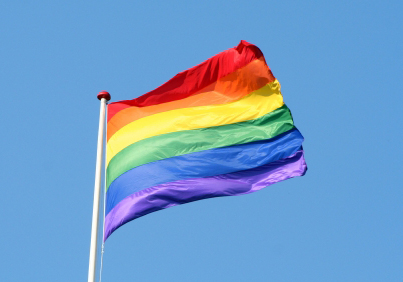 The ICJ emphasizes that nations undergoing constitutional reform processes have a unique opportunity to develop protections against sexual orientation and gender identity discrimination.
The ICJ emphasizes that nations undergoing constitutional reform processes have a unique opportunity to develop protections against sexual orientation and gender identity discrimination.
These protections are solidly grounded in international human rights law. The universality and indivisibility of this body of law is reflected in the newly-developed Yogyakarta Principles.
Nepal-Three Presentations on Nepal’s new Constitution and Fundamental Rights of Minorities-Publications-2008 (full text, PDF)
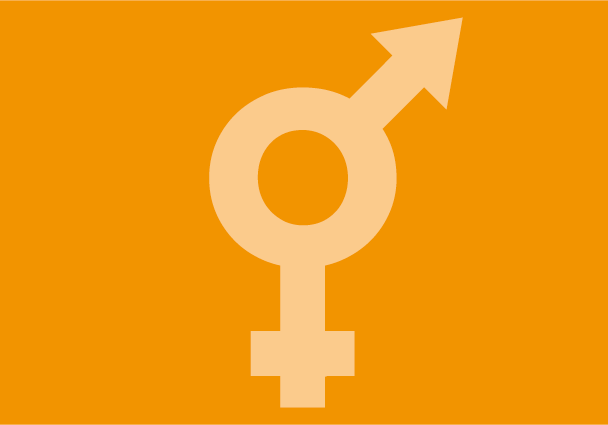
Jan 9, 2008
 The ICJ clarifies the basis for protection against discrimination based on ‘sexual orientation’ and ‘gender identity’ in international human rights law.
The ICJ clarifies the basis for protection against discrimination based on ‘sexual orientation’ and ‘gender identity’ in international human rights law.
The brief highlights in particular the relation to articles 2 and 26 of the International Covenant on Civil and Political Rights (ICCPR).”
This is the text of an amicus brief submitted to the Nepal Supreme Court, in a case brought by the Blue Diamond Society, addressing questions of human rights relating to sexual orientation and gender identity. The Nepal Supreme Court favorably decided this case on December 21, 2007. The English is presented first; the text in Nepali follows.
Nepal-ICJ Submissions to the Supreme Court of Nepal-Legal submissions-2008 (full text, PDF)
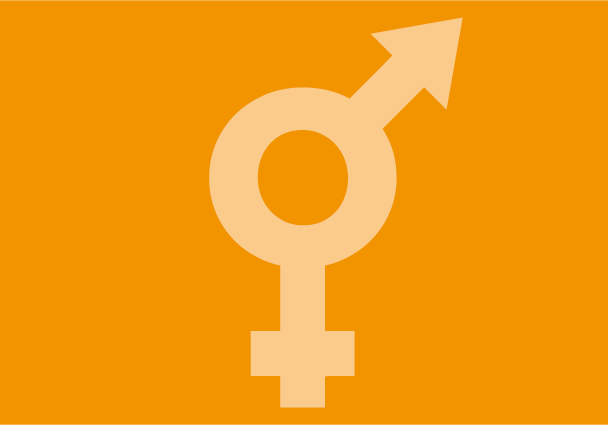
Dec 19, 2007
The ICJ third compilation on Sexual Orientation and Gender Identity in Human Rights Law contains excerpts of jurisprudential, legislative and doctrinal references from the Council of Europe and the European Union. It is meant to frame an informed debate on the Human Rights concerns of SOGI in Europe as well as to be a resource for Human Rights defenders working on these issues. An index and keywords before each case facilitate the navigation in the numerous documents.
sexual orientation gender identity law CoE EU-publication-2007 (full text, PDF)








